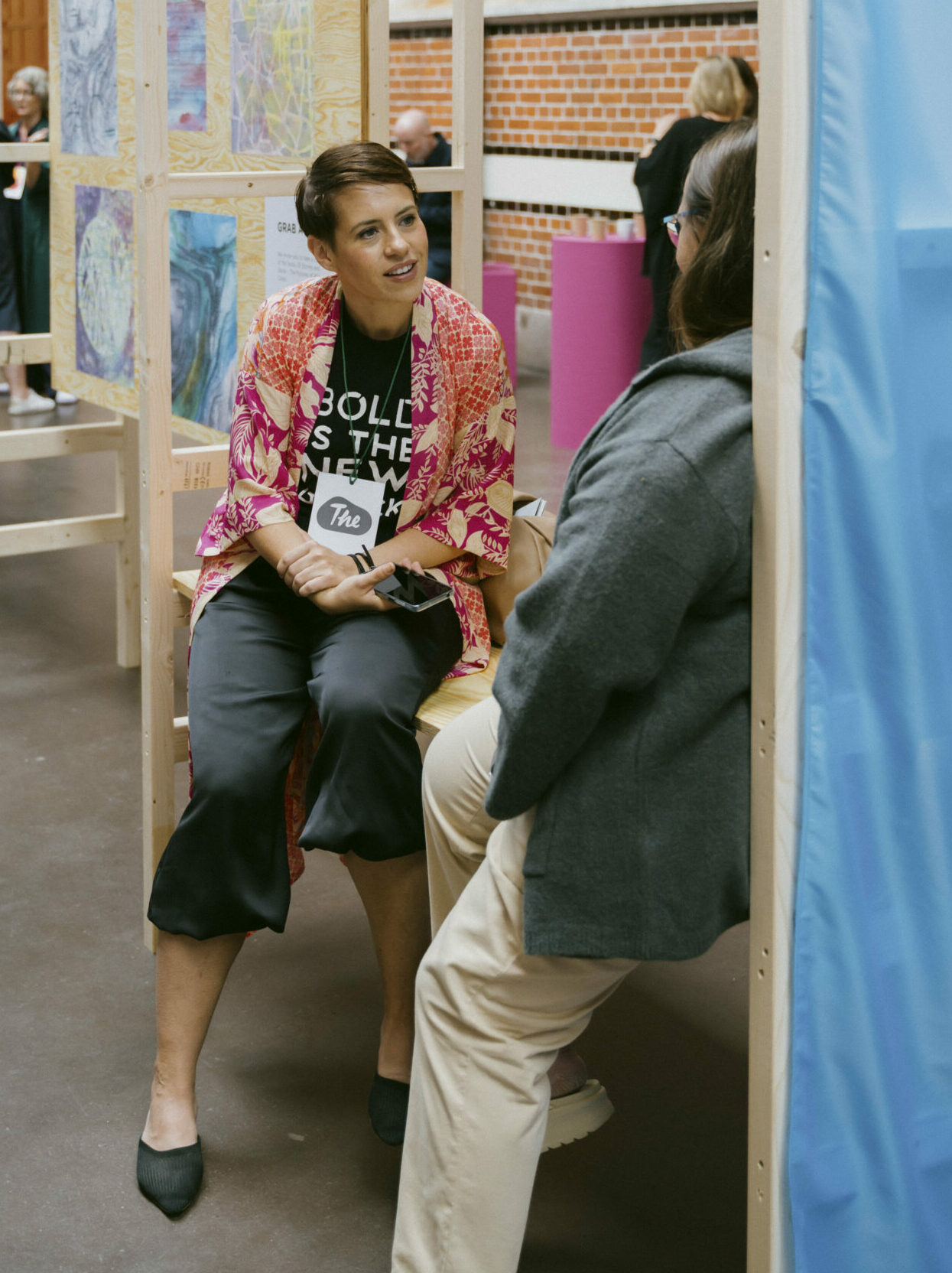Most people don’t dread Mondays because they hate their work. They detest Mondays because of the people they have to work with.
Somewhere along the way, we bought into the idea that friendships at work are either a distraction or a professional liability. That if we get too close, we’ll lose our edge. That keeping things “strictly business” is the path to success.
But science (and common sense) says otherwise.
Workplace friendships don’t just make Mondays suck less. They build trust, fuel collaboration, and create the kind of psychological safety that actually helps people perform better. And yet, navigating these friendships isn’t always straightforward. What if your work friend becomes your boss? What if personal closeness leads to professional compromise? And what if you just… don’t know how to make friends at work in the first place?
This episode is about busting myths, asking hard questions, and figuring out how to cultivate friendships that enhance—not derail—your career. Because let’s be real: You spend more time with your colleagues than your own family. If that time is spent in isolation, something is broken.
If you’ve ever felt awkward about workplace friendships, this episode is for you. And if you think you don’t need them, well… maybe it’s time to rethink that.
SHOW NOTES:
[00:01:40] Kickstarting Workplace Connections: The Power of Relationships
- Nicole introduces her guest, a seasoned corporate professional turned psychotherapist, who shares her enthusiasm for discussing the benefits of cultivating meaningful relationships at work.
[00:02:42] Unlocking Productivity: Why Work Friendships Matter
- Discover how positive relationships at work can enhance productivity, job satisfaction, and overall well-being and why fostering good relationships is crucial for success in any professional setting.
[00:04:42] Maximizing Your Work Hours: Turning Colleagues into Friends
- Explore the significance of the time spent at work and how it can be an opportunity to build lasting friendships.
- The guest shares a personal story of moving to a new city for a project that never started but resulted in lifelong friendships.
[00:08:26] Navigating Work Friendships: The Art of Balancing Professionalism
- Learn how to differentiate between work friends and personal friends, and how these relationships can evolve over time.
[00:12:28] The Double-Edged Sword: Mixing Personal and Professional Lives
- Discover the potential risks and rewards of working with friends and the importance of clear communication and boundaries.
[00:19:21] Building a Safe Space: The Key to Team Success
- Natalia discusses the importance of building psychological safety in teams and how it can be achieved through regular check-ins and understanding team dynamics.
[00:26:47] Discover Your Strengths: The Gallup Test
- Get an in-depth explanation of the Gallup test and how it focuses on individuals’ talents rather than weaknesses.
[00:30:50] Busting Myths: The Truth About Workplace Friendships
- Nicole and the guest debunk several myths about friendships at work, such as:
- Friendships at work aren’t professional.
- You can’t mix personal and professional lives.
- Friendships automatically make work better.
- Everybody needs a best friend at work.
[00:35:57] Spotting Red Flags: Healthy vs. Unhealthy Workplace Friendships
- Gain insights on how to distinguish between healthy and unhealthy workplace friendships.
[00:42:59] Overcoming Friendship Challenges: Tips for Building Connections
- Learn how to overcome struggles in making friends at work, such as initiating conversations and asking personal questions.
[00:47:59] Wrapping Up: The Future of Workplace Friendships
- Natalia and Nicole summarize the key points discussed in the episode and encourage listeners to apply the insights to their own workplace relationships.
Key Takeaways:
- Building meaningful connections at work is crucial for productivity, job satisfaction, and overall well-being.
- Work friendships can be different from personal friendships and require mindful communication and boundaries.
- Psychological safety in teams can be achieved through regular check-ins and understanding team dynamics.
- It’s important to distinguish between healthy and unhealthy workplace friendships and to be mindful of boundaries.
- Overcoming struggles in making friends at work involves initiating conversations, asking personal questions, and practicing reciprocation.
Quotes:
- “First relations, then know-how.”
- “We simply work better together. We are more productive. We get more done in a smoother way.”
- “It’s a great chance to meet someone who can become your friend.”
- “Not every friendship is the same, and not every friendship has to have the same intensity.”
- “We can be very friendly and have a good time together, but it’s important to be very mindful about how much you open to your work colleagues.”
- “The objective of why we’re hanging out together is a different one.”
- “It’s a different situation in us now sitting here in the podcast, or if we would be working together.”
- “It’s important to be very careful not to get too close, for example, with your person that reports to you, because that can cause that the others subconsciously choose this person over others.”
- “Friendships will never fix toxic work cultures. They will never fix issues with fairness and equity. They will never fix performance issues.”
- “Psychological safety is a feeling for coworkers and colleagues that they can be themselves at work as much as possible for every individual.”
References:
- Frontiers in Psychology, 2020 study on friendships at work.
- Microsoft Research Center, 2021 study on sharing personal aspects at work.
- KPMG’s “Friends at Work” survey, 2020.
- Gallup test and MBTI personality tests.


